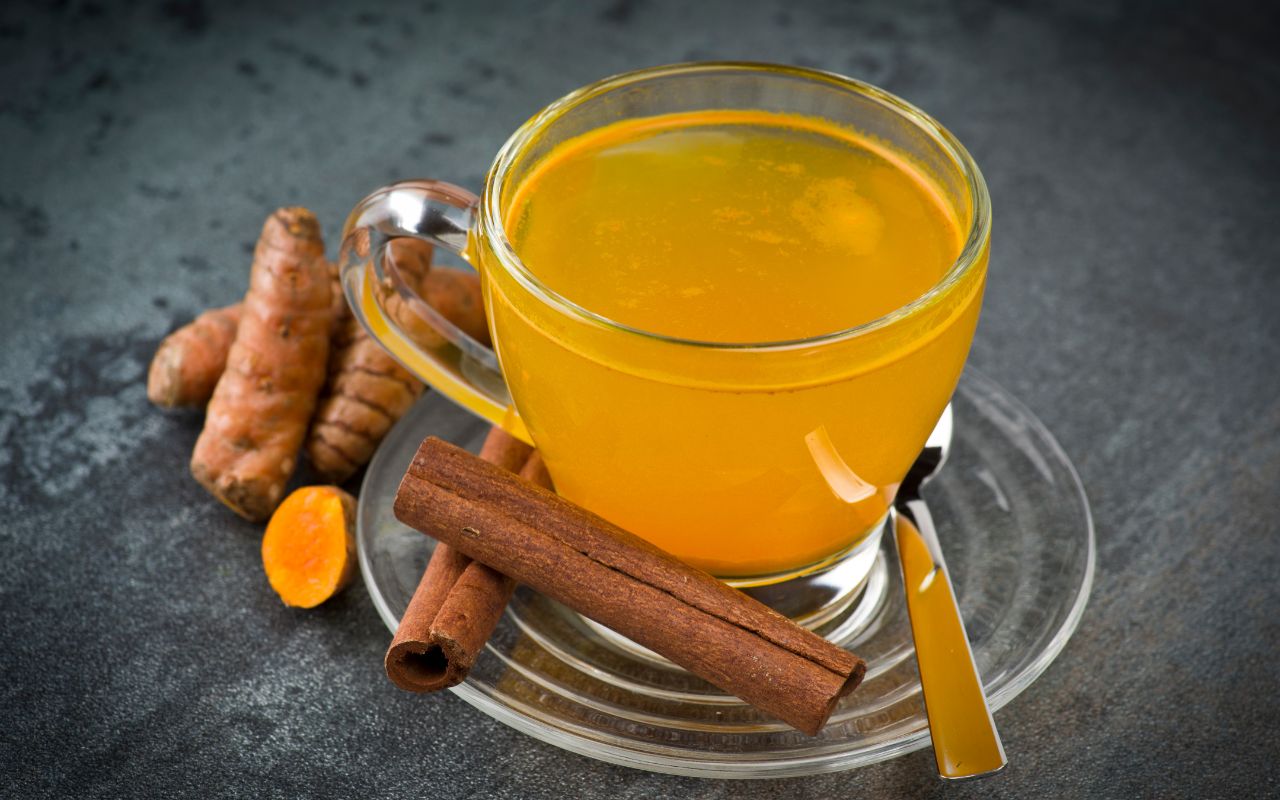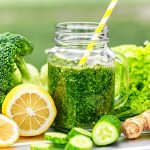Turmeric, a golden spice derived from the root of the Curcuma longa plant, has been revered for centuries due to its vibrant color and potent medicinal properties. Predominantly grown in India and other parts of Southeast Asia, turmeric is a staple in culinary and medicinal traditions, particularly in Ayurvedic and Chinese medicine. The active compound responsible for much of turmeric's health benefits is curcumin—a powerful antioxidant and anti-inflammatory agent. This article delves into the myriad benefits of turmeric and curcumin, optimal usage practices, and the best ways to integrate this remarkable root into your daily routine.
Turmeric's claim to fame largely hinges on its curcumin content, which accounts for approximately 2-5% of the spice. Curcumin is turmeric's main ingredient, celebrated for its anti-inflammatory and antioxidant capabilities. These properties make it a formidable force against various health issues, from chronic inflammation to heart disease and cancer. However, the benefits of turmeric extend beyond curcumin alone. The whole root contains multiple bioactive compounds that contribute to its therapeutic potential.
Health Benefits of Turmeric and Curcumin
Anti-inflammatory and Antioxidant Properties
One of the primary reasons turmeric has garnered significant attention in the medical community is its ability to combat inflammation. Chronic inflammation is linked to numerous health conditions, including heart disease, cancer, metabolic syndrome, Alzheimer's disease, and various degenerative conditions. As an anti-inflammatory agent, Curcumin inhibits molecules known to play major roles in inflammation. By blocking NF-kB, a molecule that travels into the nuclei of cells and activates genes related to inflammation, curcumin effectively reduces chronic inflammation at the molecular level.
In addition to its anti-inflammatory properties, curcumin is a potent antioxidant. Due to its chemical structure, it neutralizes free radicals and stimulates the body's antioxidant enzymes. This double action makes curcumin a powerful tool in protecting the body against oxidative stress, significantly contributing to aging and many diseases.
Heart Health
Curcumin's benefits are not limited to combating inflammation and oxidative stress; it also plays a pivotal role in improving heart health. Heart disease is the leading cause of death worldwide, and curcumin can help reverse many steps in the heart disease process. The endothelium, the lining of the blood vessels, plays a crucial role in regulating blood pressure, blood clotting, and various other factors. Curcumin improves endothelial function, as effective as exercise and certain medications 1
Moreover, curcumin reduces inflammation and oxidation, critical factors in heart disease. Studies have shown that curcumin can reduce the risk of heart attacks. In a study involving 121 patients undergoing coronary artery bypass surgery, researchers found that the group who took 4 grams of curcumin per day had a 65% decreased risk of experiencing a heart attack in the hospital.
Cancer Prevention
Curcumin has been extensively studied for its potential to prevent and treat cancer. Research indicates that it can affect cancer growth, development, and spread at the molecular level. Laboratory studies have shown that it can reduce angiogenesis (growth of new blood vessels in tumors), metastasis (spread of cancer), and contribute to the death of cancerous cells. Curcumin achieves this by interfering with several molecular pathways involved in cancer development.
Though more research is needed to determine curcumin's exact effects on cancer in humans, animal studies and preliminary clinical trials are promising. For instance, curcumin has been shown to reduce the growth of colorectal cancer cells in a controlled setting.
Brain Health and Cognitive Function
Curcumin's impact on brain health is another area of intense research. Neurodegenerative conditions like Alzheimer's disease are linked to chronic inflammation and oxidative damage. Curcumin can cross the blood-brain barrier, which enables it to exert its anti-inflammatory and antioxidant effects directly on brain cells. Studies suggest that curcumin may improve brain-derived neurotrophic factors (BDNF), a growth hormone in the brain that plays a crucial role in maintaining cognitive functions and memory.
Additionally, curcumin has been shown to reduce plaques, tau tangles, and synaptic marker loss—key pathological features of Alzheimer's disease. Therefore, regular consumption of turmeric may contribute to improved cognitive function and reduced risk of neurodegenerative diseases.
Arthritis and Joint Pain
Due to its potent anti-inflammatory properties, curcumin is highly effective in treating arthritis and other inflammatory conditions. Several studies have shown that curcumin supplementation can improve arthritis symptoms and is more effective than some anti-inflammatory drugs. For instance, a study on rheumatoid arthritis found that curcumin was more effective in reducing pain and swelling than an anti-inflammatory drug.
Depression
Curcumin has shown promise in treating depression. In a controlled trial, 60 patients with major depressive disorder were randomized into three groups. One group received Prozac, another received 1 gram of curcumin, and the third received both Prozac and curcumin. After six weeks, curcumin had led to improvements similar to Prozac's, with the group receiving both showing the best results. This study suggests that curcumin can influence various physiological mechanisms that contribute to depression, including inflammation, antioxidant status, and neurogenesis.
Optimal Usage and Best Practices
Enhancing Bioavailability
A significant challenge with curcumin is its poor bioavailability, meaning the body has difficulty absorbing and utilizing it effectively. However, several strategies can enhance curcumin's bioavailability:
- Black Pepper: The active compound in black pepper, piperine, enhances curcumin absorption by up to 2,000%. For this reason, most high-quality turmeric supplements include piperine.
- Fat: Curcumin is fat-soluble, so taking it with a fat-containing meal can significantly improve absorption. Pairing turmeric with healthy fats like olive oil, avocado, or coconut can boost its bioavailability.
- Heat: Cooking with turmeric can also increase its absorption. When heated, curcumin becomes more readily absorbed by the body.
Choosing the Right Supplement
If you're considering turmeric supplements, selecting high-quality products is crucial. The FDA does not regulate dietary supplements as stringently as medications so that the quality can vary. Choose products from reputable manufacturers that have undergone third-party testing. Look for supplements that contain piperine to enhance absorption.
Dosage Recommendations
The optimal dosage of curcumin is not set in stone but generally falls between 500 and 2,000 mg per day, often divided into multiple doses. It's advisable to start with a lower dose and gradually increase it to assess tolerance. Consulting with a healthcare provider for personalized dosage recommendations is always a good idea, especially for those with existing health conditions or those taking medications.
When to Take Turmeric
Timing can impact the effectiveness of turmeric. Consuming turmeric supplements with meals enhances absorption due to the presence of fats. Whether it's breakfast, lunch, or dinner, pairing turmeric with a meal ensures maximum benefit. However, consistency is critical. Regular intake at the same time each day can help establish a routine, ensuring that you don't miss a dose.
Practical Tips for Incorporating Turmeric into Your Diet
Cooking with Turmeric
Turmeric's versatility makes it easy to incorporate into various dishes. Here are some practical ways to add this golden spice to your diet:
- Golden Milk: A popular beverage, golden milk combines turmeric with warm milk (dairy or plant-based), black pepper, and a dash of honey or maple syrup.
- Curries and Soups: Turmeric is a staple in many Indian and Southeast Asian dishes. Add it to curries, soups, and stews for a rich flavor and health boost.
- Smoothies: Blend turmeric powder or fresh turmeric root into smoothies. Combining it with other anti-inflammatory ingredients like ginger can further enhance its benefits.
- Salad Dressings: Mix turmeric with olive oil, lemon juice, and black pepper to create a nutritious and vibrant salad dressing.
- Roasted Vegetables: Sprinkle turmeric over vegetables before roasting to add color and flavor.
Dietary Considerations
While turmeric is generally safe for most people, specific populations should exercise caution. High doses of curcumin may cause gastrointestinal issues, such as nausea, diarrhea, and stomach cramps. Additionally, individuals with gallbladder problems or those on blood-thinning medications should consult their healthcare provider before starting turmeric supplements, as it may exacerbate these conditions.
Liquid Curcumin
Liquid curcumin supplements are available for those seeking a more efficient form of curcumin. Liquid curcumin can be more effective due to its increased solubility, allowing for better absorption and quicker results. Always check the product label for ingredients and ensure they come from a reputable source.
Incorporating Turmeric into Daily Routines
Creating a habit of incorporating turmeric into your daily routine can lead to long-term benefits. Start by identifying meals or beverages you consume regularly and find ways to integrate turmeric. For example, add a teaspoon of turmeric if you enjoy a morning smoothie. If you frequently prepare soups or stews, make turmeric a staple spice.
Final Thoughts
Turmeric and its active compound, curcumin, offer many health benefits, from reducing inflammation to improving heart health and potentially preventing cancer. While the spice has been celebrated in traditional medicine for centuries, modern research continues to uncover its vast therapeutic potential. By understanding how to enhance its bioavailability and incorporating it into your daily routine, you can harness the full power of this golden root.
For those looking to improve their overall well-being, turmeric is a worthy addition to your diet. Whether you consume it as a spice in your favorite dishes or as a supplement, the key is consistency and proper pairing with other foods to maximize absorption. As always, consult a healthcare provider for personalized advice, especially if you have preexisting health conditions or are taking medications.
Turmeric stands out as a beacon of hope and healing in the quest for natural remedies and holistic health. So why not start today? Sprinkle a little turmeric into your life and #FeelBetterNaturally.
For further reading on the benefits of turmeric and curcumin, consider exploring these resources:
- Healthline on the evidence-based health benefits of turmeric
- British Heart Foundation's expert insights on turmeric supplements
By integrating these insights into your lifestyle, you can unlock the full potential of turmeric and curcumin, paving the way for a healthier, more vibrant life.









